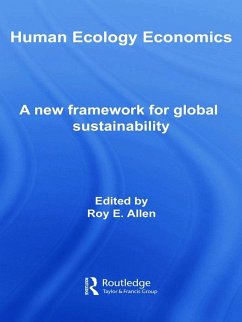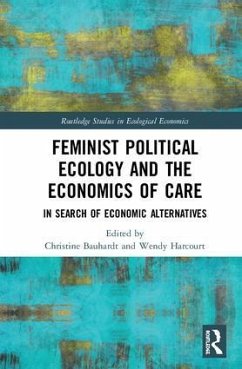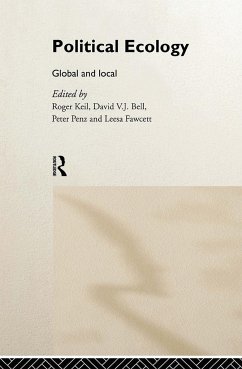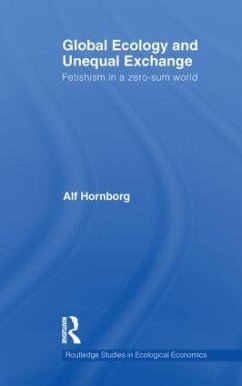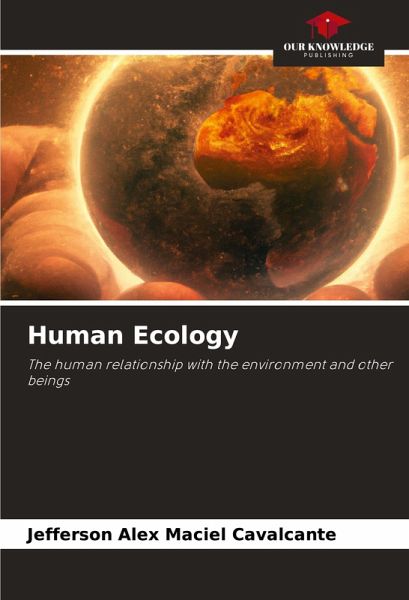
Human Ecology
The human relationship with the environment and other beings
Versandkostenfrei!
Versandfertig in 6-10 Tagen
29,99 €
inkl. MwSt.

PAYBACK Punkte
15 °P sammeln!
Traditional ecology, by being so concerned with the physical and biochemical aspects of nature, solidifying an ecology of animals and another ecology of plants, has left out a key group for understanding the dynamics of ecosystems: the human species, both object and subject. But it is still a little-known area of knowledge in the world, particularly within academic walls. It can be understood as "a science that studies individual and collective human relationships with their surroundings, becoming a great tool for reflection and paradigm shifts in favor of life". It is an ecology that places p...
Traditional ecology, by being so concerned with the physical and biochemical aspects of nature, solidifying an ecology of animals and another ecology of plants, has left out a key group for understanding the dynamics of ecosystems: the human species, both object and subject. But it is still a little-known area of knowledge in the world, particularly within academic walls. It can be understood as "a science that studies individual and collective human relationships with their surroundings, becoming a great tool for reflection and paradigm shifts in favor of life". It is an ecology that places people in ecosystems and studies their relationships and consequences. It is sometimes referred to as a technology for survival; an epistemological model suited to today's reality; a manual of procedures that one must know how to use in order to survive on this planet and preserve it in the best possible way.





